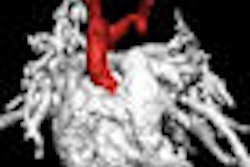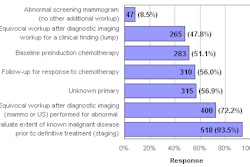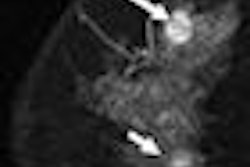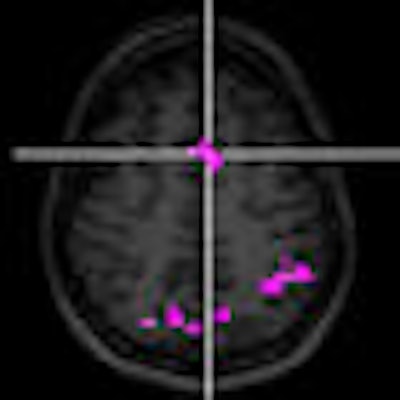
Multitasking has become part of our daily fast-paced lives, as we try to meet deadlines, juggle coffee cups and cell phones, and get a few dozen chores done before we can call it a day.
But what makes some of us so good at multitasking and others so very bad at it? And is there any way to know our best times to multitask?
A group of researchers from the University of New Hampshire in Durham and Yale University in New Haven, CT, are using functional MRI (fMRI) to see if they can determine optimal times when we are best able to handle more than one task simultaneously.
Cognitive neurosciences study a person's ability to be flexible in thinking and in action from one moment to the next. "It is a capacity that is unique to higher animals, particularly humans, because our environment is always changing, as well as the goals and challenges we face throughout the day," said Andrew Leber, Ph.D., assistant professor in the department of psychology at the University of New Hampshire.
Leber co-authored the study with Marvin Chun, Ph.D., professor of psychology at Yale University, and Nicholas Turk-Browne, a graduate student at Yale. It is published in the September 5 online issue of the Proceedings of the National Academy of Sciences and funded by the National Institutes of Health (NIH).
Switching tasks
Researchers, Leber added, were "caught on the idea" that it is inefficient to switch back and forth between tasks, compared to more efficient repeated actions, as previous studies have shown.
While the researchers hypothesized that there must be fluctuations in the capacity to multitask, they knew it would be hard to measure with standard behavioral procedures and MRI would allow them to indirectly measure brain activity without interfering with the completion of the multitasking.
Researchers used Yale's 3-tesla MRI (Magnetom Trio, Siemens Healthcare, Malvern, PA) and standard head coils on subjects positioned in the scanner so they could see a projection screen. They were asked to perform tasks and press buttons on a box to react to what they saw on the screen.
"They were doing what you would consider a simple computer game while in the scanner," Leber said. "Then we can look at every single three cubic millimeter part of the brain and see how the brain fluctuates over time. That allows us, after doing some extensive analysis, to pinpoint parts of the brain that fluctuate along with multitasking skills."
fMRI's contribution
Specifically, functional MRI was used to detect changes in oxygen levels in the blood, also known as the BOLD (blood oxygenation level dependent) response. The indirect measure of neural activity shows when neurons become active and demand more oxygenated blood.
Twenty-one subjects spent approximately 45 minutes in the MRI scanner during one functional MRI session. No contrast agents were used. "We collected a full brain image every 1.5 seconds," Leber said. "That allows us to look at changes in that image over time. At each moment, you have, at any location, some ratio of oxygenated and deoxygenated blood. If you look over time, you can see how the ratio changes by the fine temporal resolution."
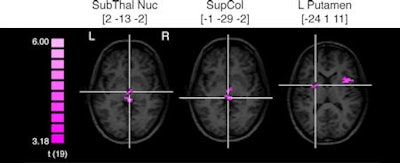 |
| Axial images of seven brain regions with crosshairs indicating center of mass and brain activity when switching or repeating tasks. Images courtesy of the Proceedings of the National Academy of Sciences and the University of New Hampshire. |
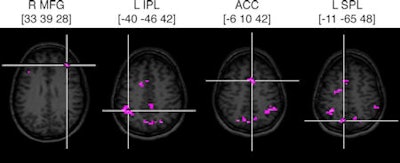 |
A portion of the imaging time (approximately eight minutes) was spent collecting T1-weighted, high-resolution anatomical images, which later were superimposed with T2-weighted functional images.
Future research
In their final report, the researchers concluded that cognitive flexibility "fluctuates from moment to moment" and their findings reveal "that such fluctuations can be predicted from neural activity preceding knowledge of the upcoming task."
"The long-term goal of this research is to help people understand when they might be better at multitasking," Leber added.
He also noted that the research may help scientists better understand neurological disorders, such as Parkinson's disease. While Parkinson's causes those afflicted to lose control of their movements, multitasking also is adversely affected.
By Wayne Forrest
AuntMinnie.com staff writer
September 12, 2008
Related Reading
Neuroimaging study bolsters genetic basis for feeling down, May 19, 2005
fMRI identifies link between alleles, amygdala in affective disorders, March 22, 2005
Copyright © 2008 AuntMinnie.com






